A Helping Hand: Volunteering In Post-Hurricane Communities

A Helping Hand: Volunteering in Post-Hurricane Communities
Introduction
It's not uncommon for hurricanes to wreak havoc on communities when they make landfall. Many homes, businesses, and infrastructure are damaged or destroyed, leaving residents displaced and struggling to rebuild their lives. This is where volunteers come in to offer a helping hand. Volunteering in post-hurricane communities can make a significant impact on the recovery effort and provide valuable support to those in need. In this article, we'll discuss the benefits of volunteering, what to expect, and how you can get involved.
The Benefits of Volunteering
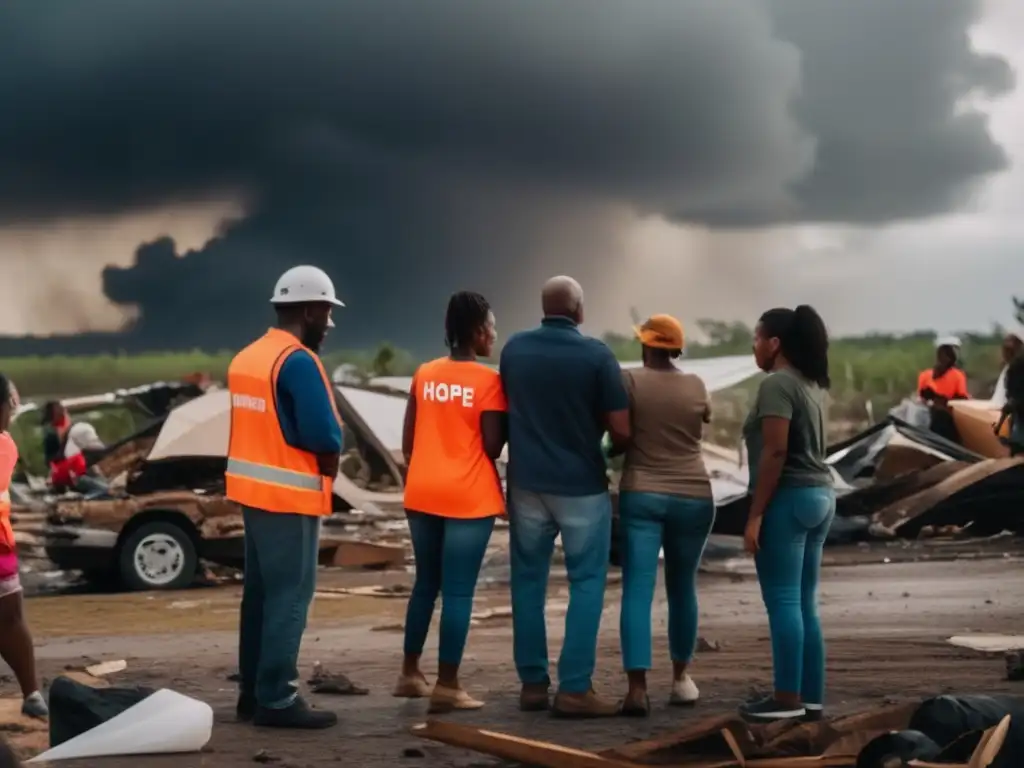
Make a Difference
Volunteering gives you the opportunity to make a difference in people's lives. By participating in the recovery effort, you can directly impact the outcome of a community's restoration process after a disaster. Whether it's assisting with debris removal, rebuilding homes, or distributing essential resources, your involvement can be a contributing factor to the success of the recovery effort.
Develop New Skills
Volunteering in post-hurricane communities can also help you develop new skills. You may assist in tasks that require a degree of expertise, such as plumbing, carpentry, or electrical work. Even if you're not proficient in these areas, volunteering can still provide a valuable learning experience.
Meet New People
Volunteering can connect you with like-minded individuals who share your desire to make a positive impact. You'll work together towards a common goal, which can create a sense of camaraderie and community.
What to Expect When Volunteering in Post-Hurricane Communities
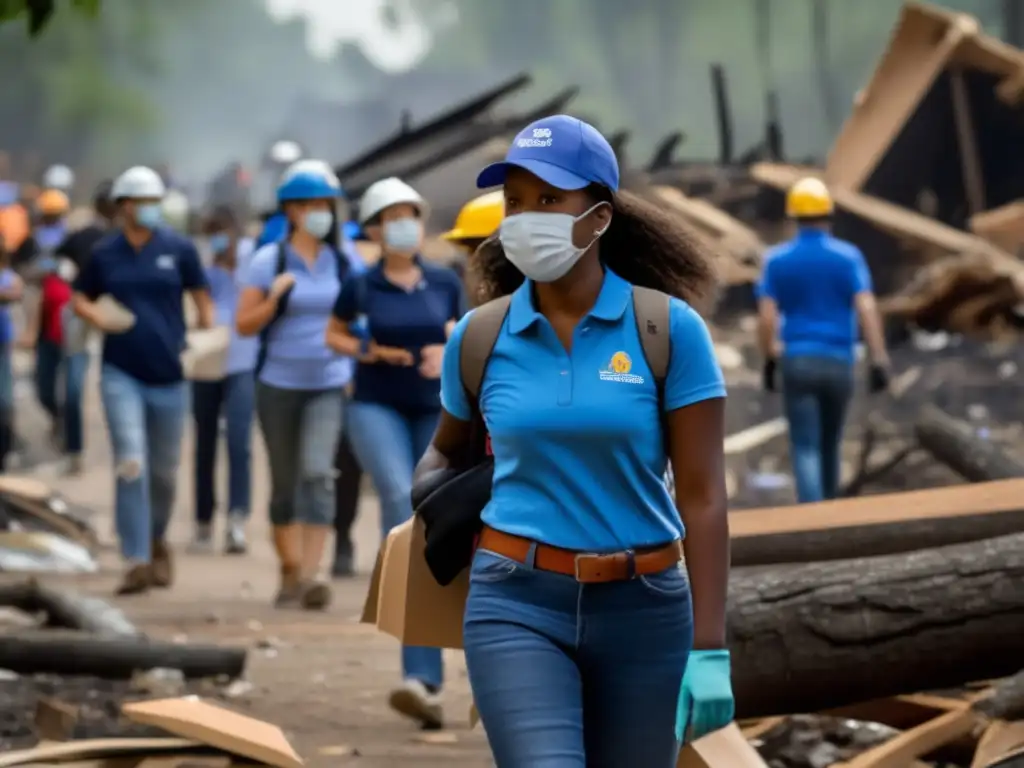
Affected Areas Can Be Emotionally Charged
When volunteering in post-hurricane communities, it's important to be aware that the areas affected can be emotionally charged. It can be stressful and challenging, as residents may still be recovering from the trauma and loss of their homes and possessions. Being mindful of this and displaying compassion and empathy to those affected can help create a supportive environment.
Be Prepared for Physical Labor
Volunteering in post-hurricane communities often involves physical labor, such as debris removal, cleaning, and rebuilding. It's important to be prepared for these tasks, which can be physically demanding. Proper attire and equipment, such as work gloves, sturdy boots, and safety gear, should be worn to ensure your safety.
Follow Safety Guidelines
Following safety guidelines is crucial when volunteering in post-hurricane communities. Volunteers are often working in hazardous environments, and it's important to adhere to safety protocols to avoid injury or harm. Guidelines typically include wearing protective gear, avoiding areas that are designated as off-limits, and being aware of your surroundings at all times.
How to Get Involved
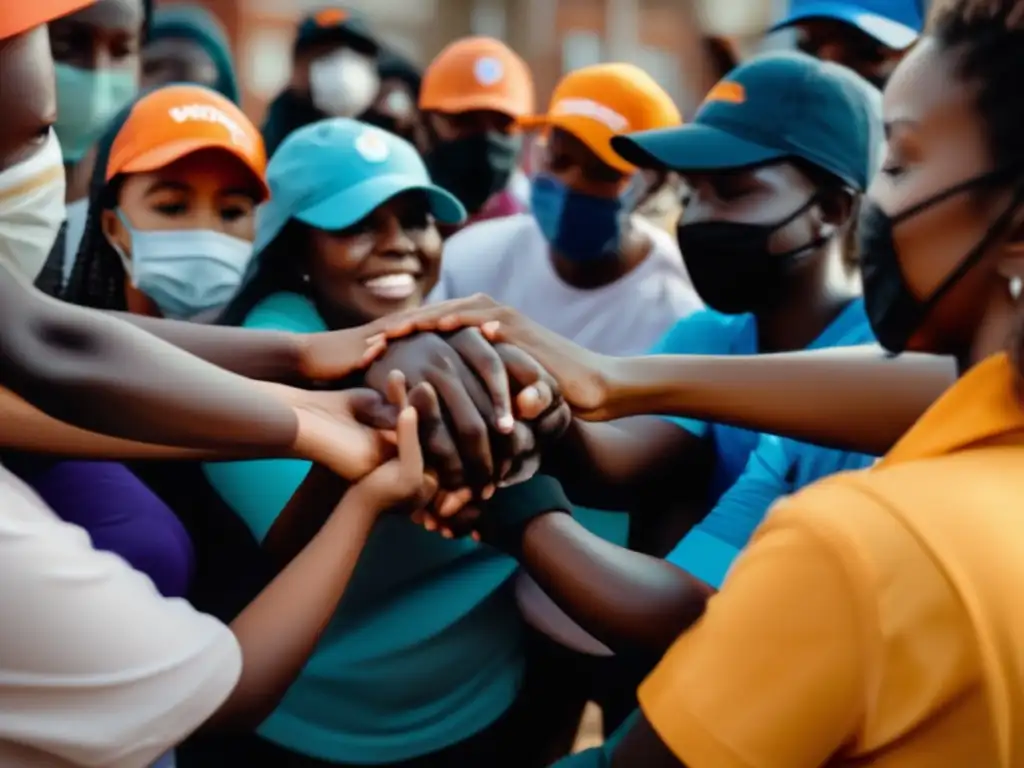
Reach Out to Established Organizations
Established organizations, such as the American Red Cross and Habitat for Humanity, often lead volunteer efforts in post-hurricane communities. Reach out to these organizations to inquire about available opportunities. Many have websites where you can sign up to volunteer or make a donation to support their efforts.
Connect with Local Groups
Local groups can also be valuable resources for volunteering opportunities. Reach out to community centers, churches, and other organizations to inquire about how you can help. You can also check social media platforms or post on community bulletin boards to connect with others who are interested in volunteering.
Prepare Ahead of Time
Before volunteering, it's important to prepare ahead of time. This includes familiarizing yourself with the community's needs, acquiring appropriate attire and equipment, and reviewing safety guidelines. It's also essential to have an understanding of the logistics involved, such as transportation, lodging, and meals.
Frequently Asked Questions

-
How Can I Be Sure That My Volunteering Is Helpful?
Volunteering as part of an established organization ensures that your efforts are helpful and targeted towards meaningful change. These organizations have a structured approach to volunteerism that can provide value to the communities they serve.
-
What Should I Bring with Me When Volunteering?
When volunteering, it's important to bring appropriate attire and equipment, including work gloves, sturdy boots or shoes, and safety gear. You should also bring any necessary personal items, such as sunscreen, bug spray, and a water bottle.
-
Can I Volunteer If I Don't Have Any Special Skills?
Yes, you can volunteer even if you don't have any special skills. Many tasks only require a willingness to help and contribute towards the recovery effort.
-
Is There a Minimum Age Requirement for Volunteering?
The minimum age requirement for volunteering varies depending on the organization and specific opportunities available. In some cases, minors may need parental consent or chaperones to participate.
-
How Long Do I Need to Commit to Volunteering?
The duration of volunteering commitments can vary. Some opportunities may only require a few hours, while others may be more long-term. It's important to understand the expectations and time commitments before committing to a specific opportunity.
Conclusion
Volunteering in post-hurricane communities can make a significant impact on the recovery effort and provide valuable support to those in need. By making a difference, developing new skills, and meeting new people, volunteers can play an essential role in the restoration process after a disaster. If you're interested in volunteering, reach out to established organizations or connect with local groups to inquire about available opportunities. Remember, it's important to prepare ahead of time and always prioritize safety when volunteering. Most importantly, know that your contribution, no matter how big or small, can make a positive impact on those affected by hurricanes.
Thank you for reading, and we encourage you to share your thoughts and experiences in the comments section below. Don't forget to follow us on social media and subscribe to hurricaneinsider.org for more informative articles on hurricanes and hurricane-related topics.
Additional Resources
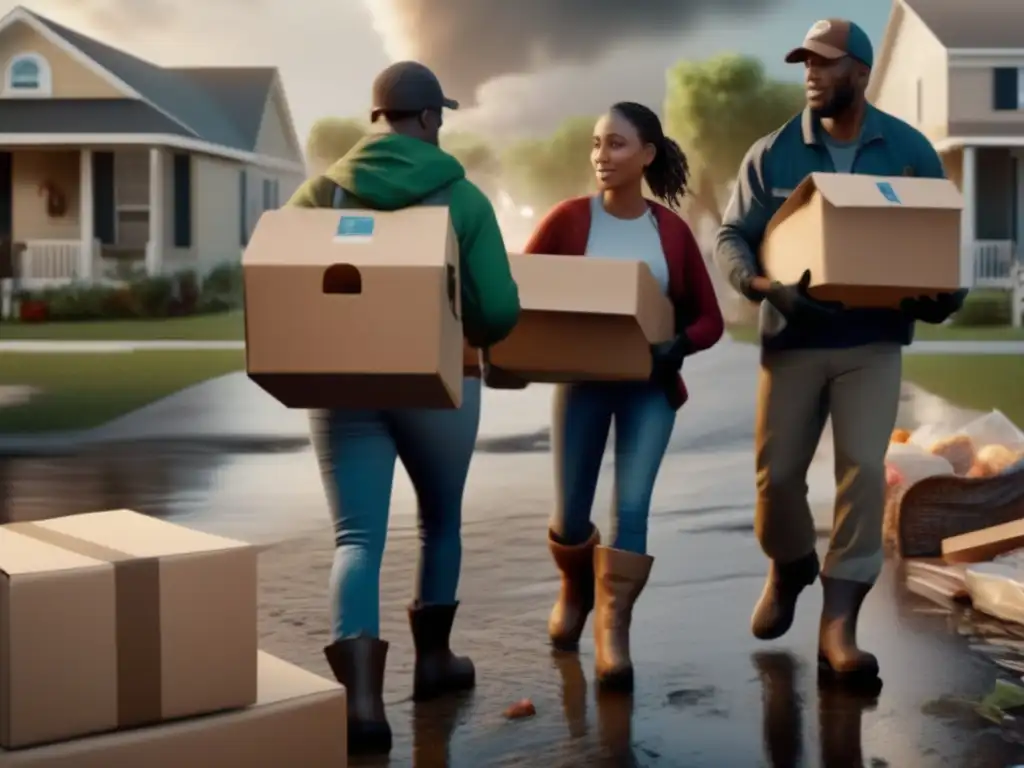
 Addressing The Emotional Needs Of Pets After A Hurricane
Addressing The Emotional Needs Of Pets After A Hurricane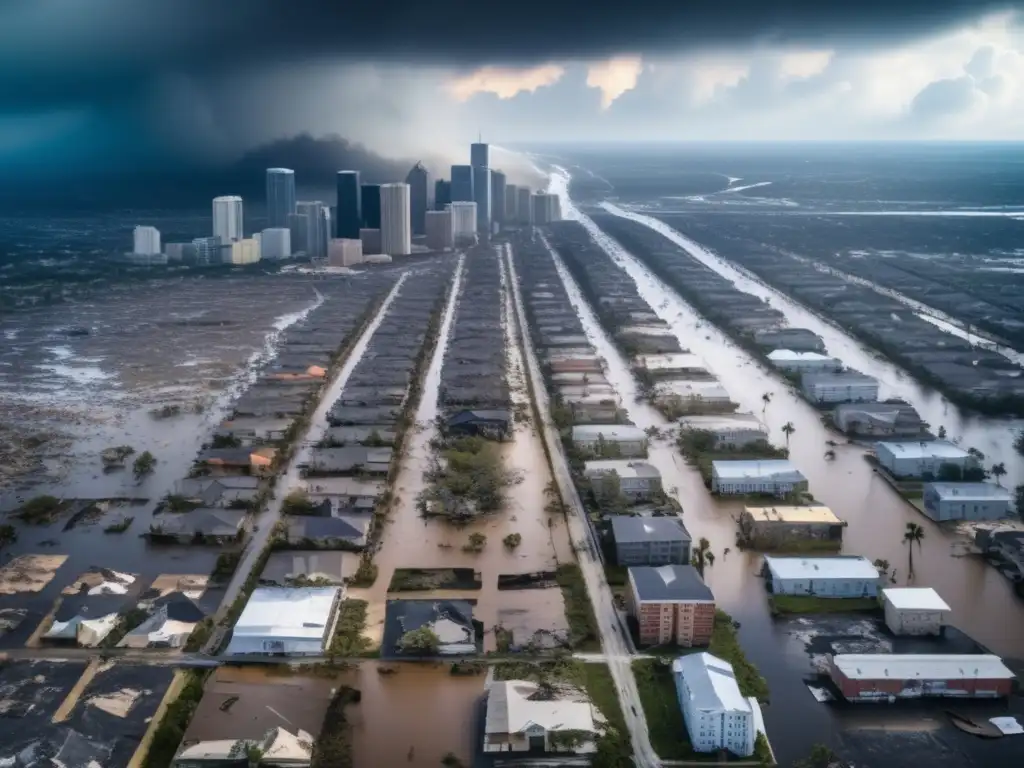 Public Services: What To Expect From Your Municipality Post-Hurricane
Public Services: What To Expect From Your Municipality Post-Hurricane The Importance Of Self-Care In Post-Hurricane Recovery
The Importance Of Self-Care In Post-Hurricane RecoveryIf you want to discover more articles similar to A Helping Hand: Volunteering In Post-Hurricane Communities, you can visit the Hurricane recovery: category.
Leave a Reply

Articulos relacionados: